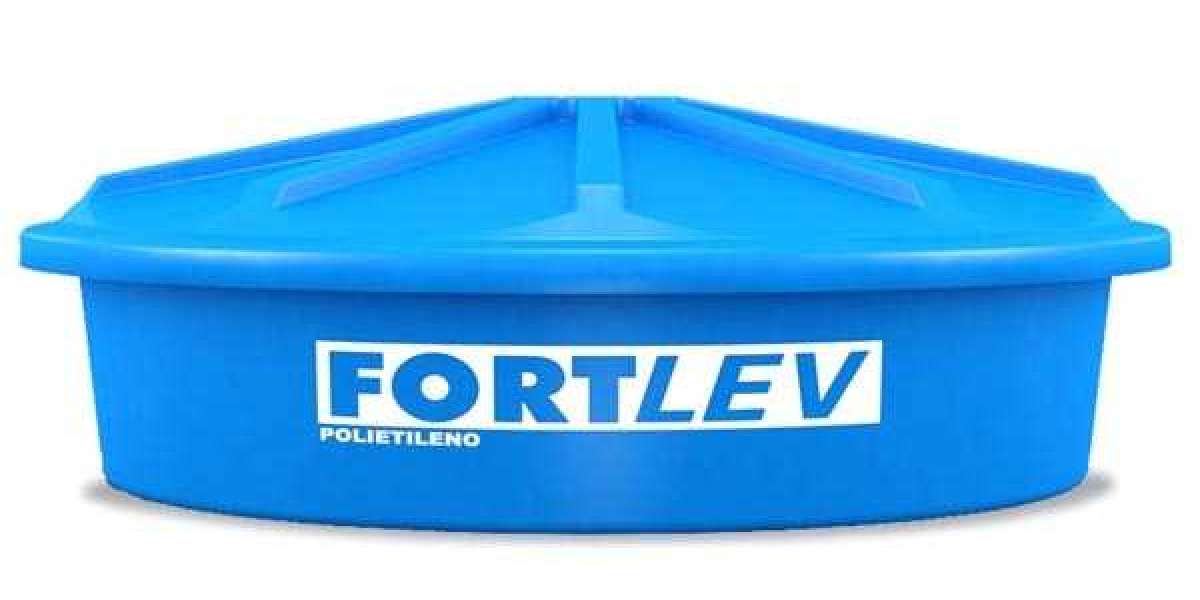Acne is a common skin disorder that affects individuals of all ages. Using an Acne Face Wash is one of the most crucial stages in managing and preventing breakouts. However, using a face wash by itself is not enough to ensure clear skin. To get the most out of your acne face cleanser, you need to know how to use it correctly. In this post, we'll examine the most effective techniques to treat your skin problems with acne facial cleanser.
Understanding Acne and Its Causes
What is Acne?
The skin ailment known as acne arises from the accumulation of oil and dead skin cells in hair follicles. Pimples, whiteheads, blackheads, and cystic marks may arise from this. The face, forehead, chest, upper back, and shoulders are where it most frequently shows up.
Common Causes of Acne
Several factors contribute to acne development, including excess oil production, bacteria, hormones, diet, and stress. Understanding these causes can help you tailor your skincare routine to your specific needs.
Choosing the Right Acne Face Wash
Identify Your Skin Type
Before selecting an acne face wash, it's important to determine your skin type. Skin types include oily, dry, combination, and sensitive. Knowing your skin type will help you choose a face wash that complements your skin's needs without causing irritation.
Key Ingredients to Look For
Look for face washes containing ingredients known for their acne-fighting properties. Common ingredients include salicylic acid, benzoyl peroxide, glycolic acid, and tea tree oil. Each ingredient has unique benefits, so choose one that aligns with your skin type and concerns.
The Proper Way to Use
Start with Clean Hands
Always wash your hands before applying face wash. This prevents transferring dirt and bacteria from your hands to your face, which could worsen acne.
Wet Your Face with Lukewarm Water
Using lukewarm water, gently wet your face before applying the acne face wash. Hot water can strip your skin of its natural oils, while cold water may not effectively open your pores for cleansing.
Apply a Small Amount of Face Wash
Use a small amount of face wash and lather it in your hands. Apply the lather to your face using gentle, circular motions. Avoid scrubbing too hard, as this can irritate the skin and exacerbate acne.
Rinse Thoroughly
Rinse your face thoroughly with lukewarm water to remove all traces of the face wash. Ensure no residue is left on your skin, as this can lead to dryness or irritation.
Post-Wash Care
Pat Your Face Dry
After rinsing, gently pat your face dry with a clean, soft towel. Avoid rubbing your skin, as this can cause irritation and spread bacteria.
Follow with a Moisturizer
Acne treatments can often be drying, so it's essential to follow up with a moisturizer suited to your skin type. This helps maintain your skin's moisture barrier and prevent excessive dryness or oiliness.
Establishing a Consistent Routine
Stick to a Routine
Consistency is key when it comes to skincare. Use your acne face wash twice daily, in the morning and evening, to maintain clear skin and prevent breakouts.
Monitor Your Skin's Reaction
Pay attention to how your skin responds to the face wash. If you experience excessive dryness, redness, or irritation, consider reducing the frequency of use or switching to a gentler formula.
Additional Tips for Managing Acne
Avoid Touching Your Face
Touching your face can transfer bacteria and oil from your hands, leading to more breakouts. Make a conscious effort to avoid touching your face throughout the day.
Keep Hair Away from Your Face
Hair can carry oils and styling products that may clog pores. Keep your hair clean and away from your face, especially if you have bangs or long hair.
Maintain a Healthy Diet
A balanced diet rich in fruits, vegetables, and whole grains can promote clear skin. Reduce your intake of sugary and processed foods, which can trigger acne.
Stay Hydrated
Drinking plenty of water helps flush toxins from your body and keep your skin hydrated. Aim for at least eight glasses of water a day for optimal skin health.
When to Seek Professional Help
Persistent or Severe Acne
If your acne doesn't improve with over-the-counter products, consider consulting a dermatologist. They can recommend prescription treatments or therapies tailored to your specific needs.
Professional Treatments
Dermatologists offer various treatments for acne, including chemical peels, laser therapy, and topical or oral medications. These treatments can provide more effective results for stubborn or severe acne.
Natural Solutions to Go Along with Your Face Wash
Using Natural Ingredients
Active ingredient-based face cleansers for acne are useful, but adding natural solutions to your beauty routine will improve it. Aloe vera, green tea, and honey are examples of ingredients with calming, antimicrobial qualities that can aid in reducing inflammation and accelerating healing.
DIY Face Masks
Creating homemade face masks with natural ingredients can provide additional benefits. For instance, a honey and cinnamon mask can help fight bacteria, while a yogurt and oatmeal mask can soothe and exfoliate the skin. Use these masks once or twice a week to complement your regular face wash routine.
The Role of Lifestyle in Acne Management
Stress Management
Stress can trigger hormonal changes that lead to acne flare-ups. Incorporating stress-reducing activities such as yoga, meditation, or regular exercise can help manage stress levels and improve your skin's condition.
Sleep Hygiene
Adequate sleep is crucial for healthy skin. Aim for 7-9 hours of quality sleep each night to allow your skin to repair and rejuvenate. Establishing a regular sleep schedule and creating a relaxing bedtime routine can improve your sleep quality.
Regular Exercise
Exercise increases blood circulation, which helps nourish skin cells and keep them healthy. Engaging in regular physical activity can also reduce stress, which may contribute to clearer skin. Just be sure to cleanse your skin after workouts to remove sweat and bacteria.
Avoiding Common Mistakes
Over-Cleansing
While it might be tempting to wash your face frequently to control acne, over-cleansing can strip your skin of its natural oils and lead to irritation. Stick to washing your face twice a day unless you've been sweating or exposed to excessive dirt.
Using Too Many Products
Using multiple acne-fighting products at once can cause more harm than good. Overloading your skin with harsh ingredients can lead to irritation and breakouts. Focus on a simple, consistent routine and introduce new products gradually.
Not Following Instructions
It's important to read and follow the instructions on your acne face wash. Using too much product or leaving it on for too long can cause irritation. Always use products as directed for the best results.
One of the most crucial aspects of managing acne is using an acne face wash, but for optimal results, it must be used appropriately. You can successfully address your skin troubles by selecting the best face wash for your skin type, creating a routine, and adhering to extra skincare advice. Recall that having clear skin requires patience and consistency, so follow a mild and consistent skincare routine.

